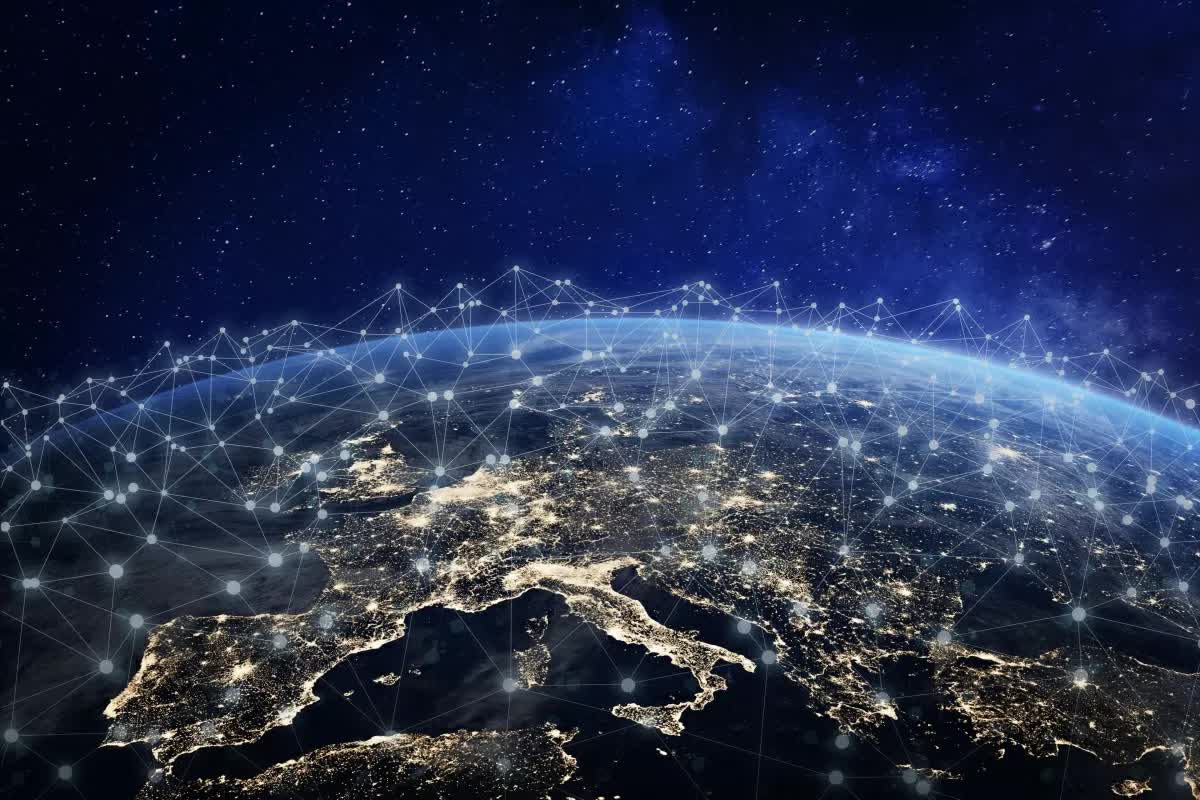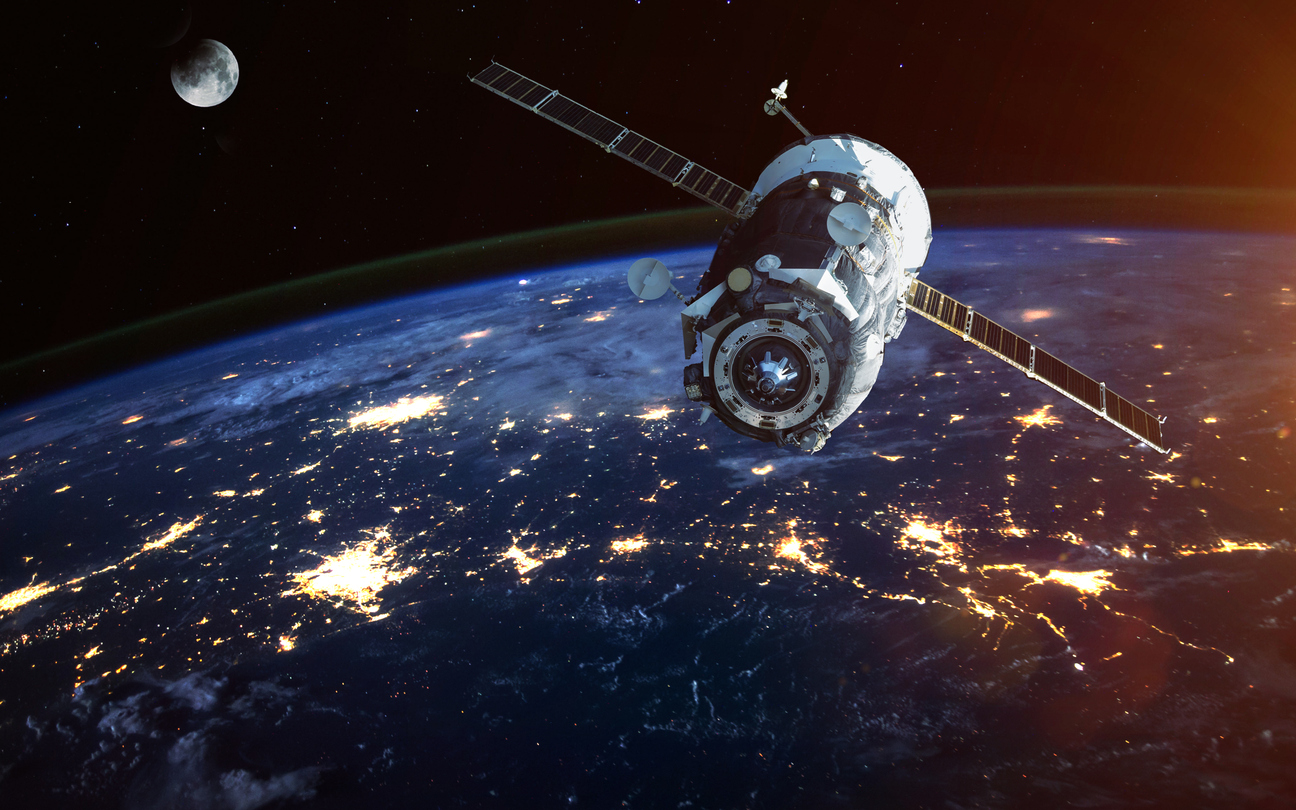What just happened? Nearly a year after filing with the FCC, Amazon's plan to launch a constellation of internet satellites was unanimously approved by the regulatory agency this week. Project Kuiper, as it's known, will be executed in five phases to deploy 3,236 internet satellites in low Earth orbit. As per the FCC's terms, Amazon will have to launch half of these satellites by mid-2026 and the remaining half by mid-2029.

After getting approval from the FCC for Project Kuiper, Amazon has now officially joined the internet-from-space race to compete with SpaceX's Starlink, Facebook Athena, and a few other ventures.
Amazon filed its application for regulatory approval last year and was later sought to be rejected by SpaceX, OneWeb, and several other original licensees who accused the retail giant of jumping to the front of the line after skipping FCC's spectrum licensing round held in 2016.
According to the terms of the approval, Amazon will be required to have 50 percent of Project Kuiper's 3,236 satellites in their assigned orbits and operational by July 30, 2026, while the rest will need to be functional by July 30, 2029. Additionally, the FCC laid the condition that Amazon will operate on a "non-interference, non-protected basis" with other operators and also submit an updated "Orbital Debris Mitigation" plan that addresses satellite collision and re-entry casualty risk.

Amazon, which has yet to finalize the design of Kuiper satellites, noted that these satellites will be deorbited within 355 days following mission completion. The company plans to execute Project Kuiper in five phases over the next decade and claims that will only need 578 satellites (~18 percent of total stations) in orbit to begin offering services.
Amazon is also pouring over $10 billion in Project Kuiper and expects the initiative to create jobs and infrastructure in the US, and advance its ground network and satellite manufacturing capabilities to deliver high-speed, low-latency broadband to customers around the globe.

As companies worldwide compete in the satellite broadband space to reach and benefit every corner of the world (literally) with the internet, this decade will also prove crucial for solving (or worsening) the space debris problem in low Earth orbit (LEO).
Referred to as the "orbital space junkyard" by NASA, the challenge to keep LEO clean of defunct pieces of spacecraft, rockets, satellites, and other man-made machinery will become more difficult and require even more global attention and effort once our skies are occupied by the influx of thousands upon thousands of internet-beaming satellites.
https://www.techspot.com/news/86203-amazon-satellite-broadband-gets-fcc-approval-launch-over.html